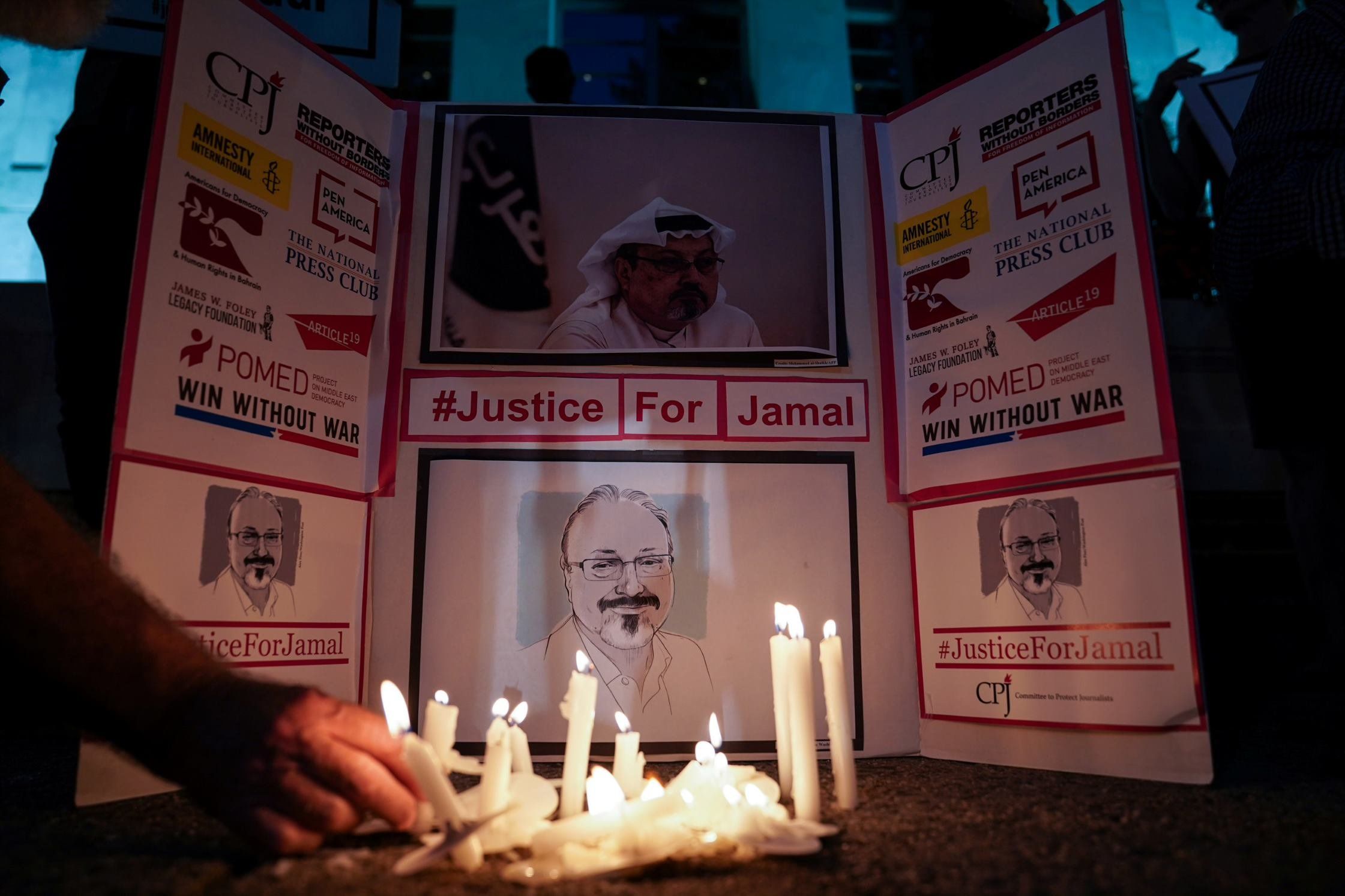Hard Numbers: Khashoggi murder trial tries...no one, Australia closes major border, American pride plummets, Putin's votes questioned
0: The trial in the 2018 killing of Saudi journalist Jamal Khashoggi opened in a Turkish court on Friday, but 0 of the 20 Saudi agents accused of the gruesome murder were actually in the courtroom. Saudi Arabia says its own closed-door trial over the slaying was sufficient, and has so far refused to extradite the suspects to Turkey, where Khashoggi was killed.
100: The border between Victoria and New South Wales, Australia's two most populous states, will close indefinitely for the first time in more than 100 years after Melbourne, Victoria's capital, saw a spike in COVID-19 cases. New daily cases throughout Australia have recently risen above 100, after staying in the single digits throughout most of June.
17: Amid a pandemic, recession, and ongoing protests against racial inequality, Americans aren't feeling so great about their country: just 17 percent of those in a new Pew survey say they feel "proud" of the direction the country is headed. That's down 14 points since April, when the same question was last posed.
22 million: A prominent Russian data scientist says there was an "unprecedented" level of voter fraud during the country's recent constitutional referendum, which gave Vladimir Putin a mandate to serve two more six-year terms when his presidency ends in 2024. Statistical evidence suggests that around 22 million ballots out of a total 88 million may have been cast fraudulently.
